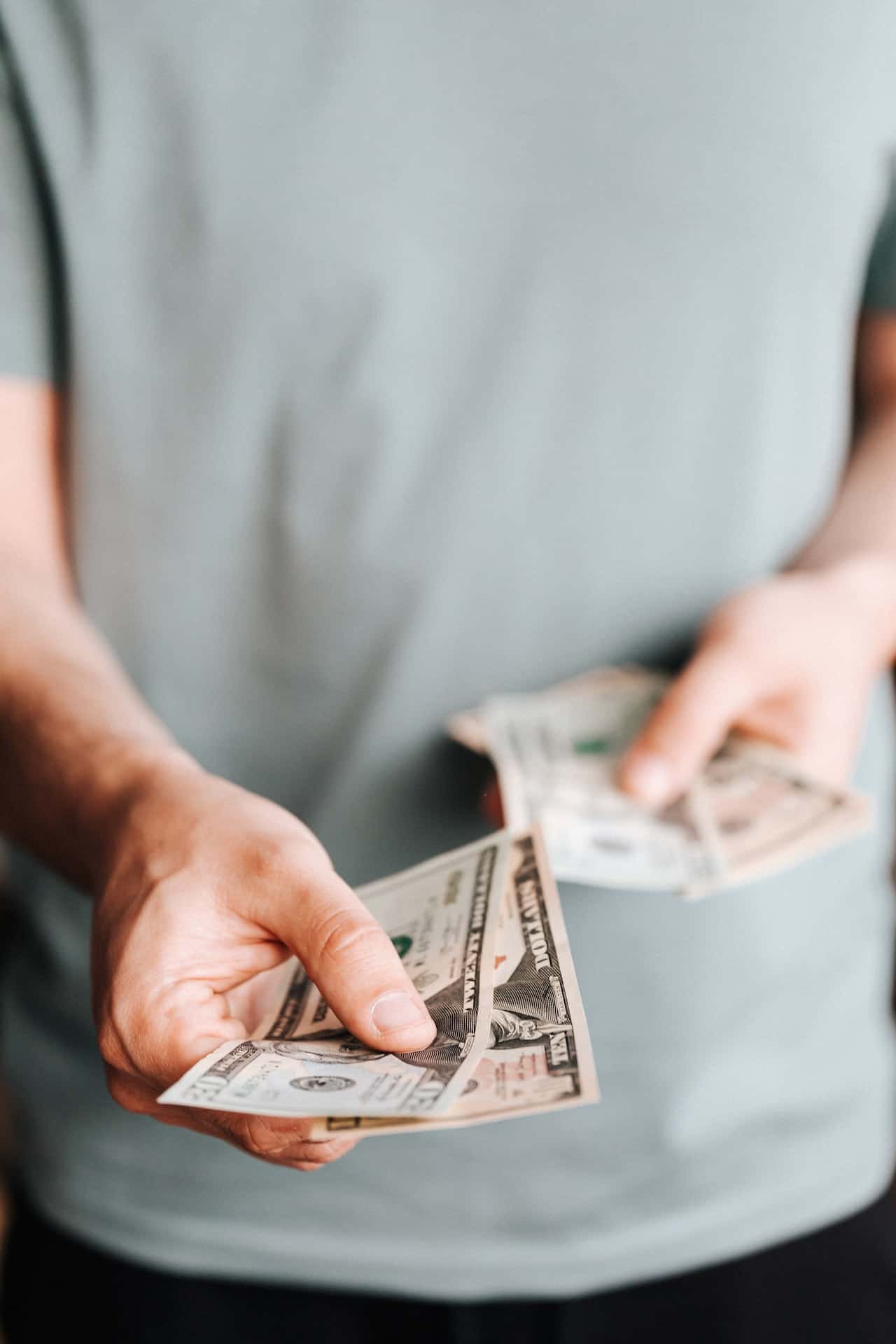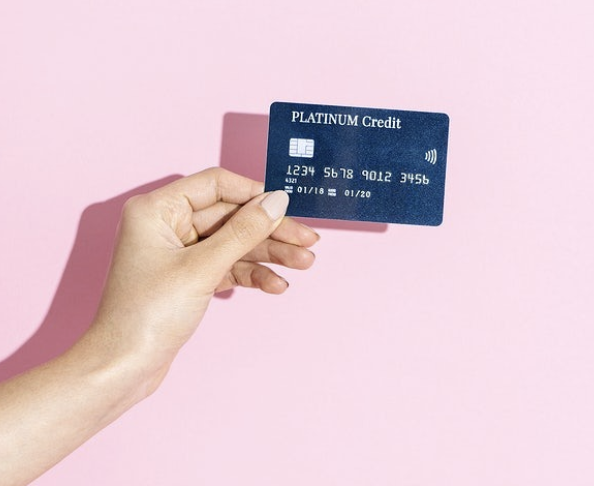Au pairs should be paid their pocket money on a regular basis, whether that be weekly, bi-weekly, or monthly. For some au pairs, payment is processed through their sponsoring agency which places the money into their bank accounts (we call this “outpayment”). Typically, host parents pay their au pair directly whether that be with cash or with direct deposit into their accounts. In some countries, for example Germany, host parents receive a tax benefit for paying their au pair through direct deposit as it is covered in their childcare benefits from the government.
In some countries, au pairs can be paid extra for additional babysitting or childcare and should be paid out immediately following their extra hours.


The au pair cost seems simple enough for host families with pocket money, but there are a variety of forms in which the au pair is paid for their services. In exchange for their duties, au pairs should receive a weekly stipend or monthly outpayment of pocket money that is intended for their free use.
Additionally, an au pair is also entitled to a certain number of paid holiday days as compensation. They also receive free room and board, health insurance, community events, and language and educational courses in exchange for their participation in the program. Check out these money-saving tips to make your pocket money stretch as far as it can go.
Au pairing is not a job but rather a cultural exchange program so the monetary payment is legally capped by the government or is taxed once it reaches a certain amount. Instead, the au pair is given a small pocket change and additional benefits like paid holidays, free room and board, academy and events, and insurance through the program.
Hosting an au pair can also bring additional fees to parents such as initial program fees to an agency, travel costs, and “hidden fees” like the additional groceries or impact of an au pair on utilities. This should all be considered in the monthly budgeting and payment plan of the host family. No matter what, the au pair is always entitled to the legally applicable minimum pocket money plus all additional benefits.
